- Some African currencies are holding firmly strong against the US dollar despite low productivity on the continent.
- The currencies have rebuffed the dollar's strength and helped their countries to maintain fiscal balance amid global inflation.
- Despite challenges, these currencies have been resilient and robust amid inflation, low exports and productivity in their respective countries.
Legit.ng’s Pascal Oparada has reported on tech, energy, stocks, investment and the economy for over a decade.
The Nigerian currency is not among the top 10 strongest in Africa, as the government has devalued it.
The naira began its woeful performance against the US dollar in 2023 when it dropped from N430 per dollar to N1,667 as of October 2, 2024.
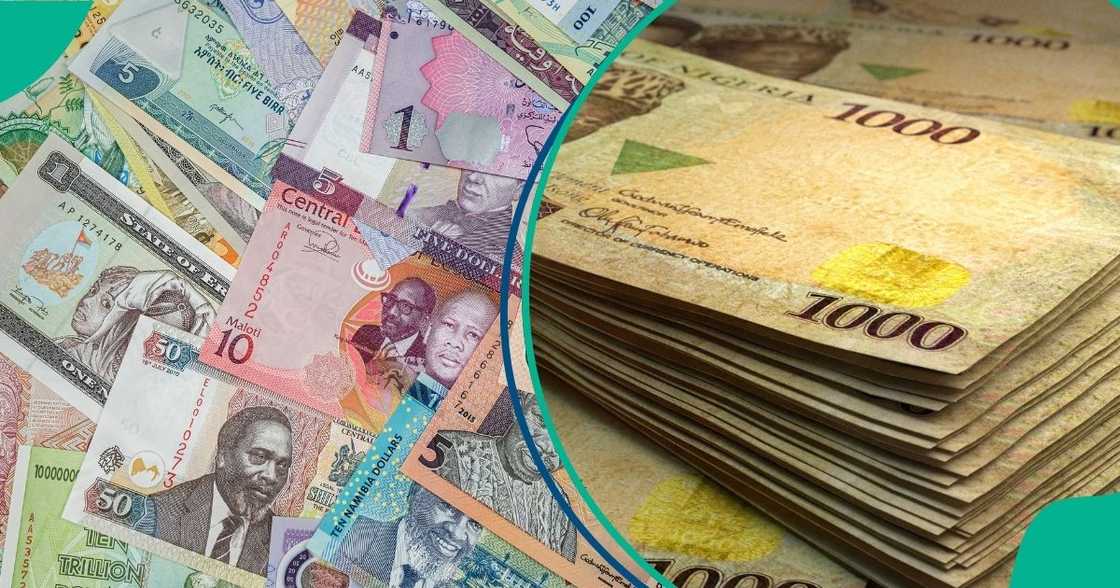
Source: Getty Images
However, other African currencies have maintained a strong stance against the dollar amid strong inflationary pressures and declining exports.
Top African currencies
Tunisian Dinar: 1 USD = DT 3.04
Despite Tunisia facing economic issues, the Tunisian Dinar remains strong. The country’s strict trade rules and cautious financial policies have helped keep its value steady.
Libyan Dinar: 1 USD = LD 4.74
Libya’s currency, the Libyan Dinar, has a deep history. Before Libya’s independence, various currencies like the Algerian franc and Italian lira were used. Since 1971, the Libyan Dinar has been the official currency and continues to be one of Africa’s strongest.
Moroccan Dirham: 1 USD = MAD 9.74
Morocco has tied its currency mostly to the Euro, benefiting from its close trade ties with Europe. The Dirham has been around since 1960 and has Greek roots, originally coming from the ancient “drachma.”
Botswana Pula: 1 USD = P 13.18
Botswana’s Pula, meaning “blessing” or “rain,” reflects the country’s political stability and strong economy. Introduced in 1976, the Pula quickly became one of the strongest currencies in sub-Saharan Africa.
Seychellois Rupee: 1 USD = SR 13.10
The Seychellois Rupee has stayed strong due to Seychelles’ small population and thriving luxury tourism industry. Managed by the Central Bank of Seychelles, it has remained stable since its introduction in 1914.
Eritrean Nakfa: 1 USD = NFK 15.00
The Nakfa is fixed at 15 Nakfa to 1 US dollar. This stable exchange rate helps prevent the currency from losing value, making it one of the strongest in Africa.
Ghanaian Cedi: 1 USD = GH 15.79
The Ghanaian Cedi is the strongest currency in West Africa. It reflects Ghana’s stable government and growing economy. Despite some inflation, the Cedi remains one of the most valuable currencies in Africa.
South African Rand: 1 USD = R 17.39
South Africa’s Rand is heavily influenced by the country’s role as a top gold producer. Introduced in 1961, the Rand takes its name from the Witwatersrand region, known for its gold deposits.
Zambian Kwacha: 1 USD = ZK 26.16
Zambia’s Kwacha depends largely on copper prices, as the country is the top copper producer in Africa. “Kwacha” means “dawn,” marking Zambia’s independence and the start of its currency in 1964.
Egyptian Pound 1 USD = E£ 48.37
The Egyptian Pound has been in use since 1834. Over the years, it has been tied to several foreign currencies, but since 2016, it’s been floated as part of an agreement with the International Monetary Fund (IMF).
Meanwhile, on the first day of trading in October, the Nigerian currency, the naira, dropped to its lowest point of N1,669.15 per dollar in the official market.
Data from the FMDQ Exchange shows that the naira depreciated 8%, losing N127 against the US greenback.
The Naira plummets to an all-time low in the official market
On Wednesday, October 2, 2024, currency dealers quoted the naira at N1,669.15, marking an all-time low, compared to the N1,541.94 it traded on Monday, September 30, 2024, in the foreign exchange market.
The naira’s decline in value was due to a shortage of dollars from buyers and sellers.
Foreign exchange turnover at NAFEM dropped by 14.34% to $176.45 million on Wednesday, October 2, 2024, from the $181.86 million recorded on Monday, September 30, 2024.
Currency dealers quoted the dollar’s value at a high of N1,699 per dollar and a low of N1,550, lower than the N1,540 it traded on Monday, September 30, 2024.
However, in the parallel market, the naira appreciated by N10. Dealers quoted the dollar at N1,680 from N1,690 it traded on Monday, September 30, 2024.
CBN hikes Customs exchange rates to clear cargoes
Legit.ng earlier reported that the Central Bank of Nigeria (CBN) has hiked the exchange rate for clearing goods at Nigeria’s sea and airports.
The apex bank hiked the price from N1,564.92 per dollar to N1,587.847 on Sunday, September 22, 2024.
The development means that importers will pay N1,587.847 per dollar to apparent goods from air and sea ports across the country.
PAY ATTENTION: Сheck out news that is picked exactly for YOU ➡️ find the “Recommended for you” block on the home page and enjoy!
Source: Legit.ng

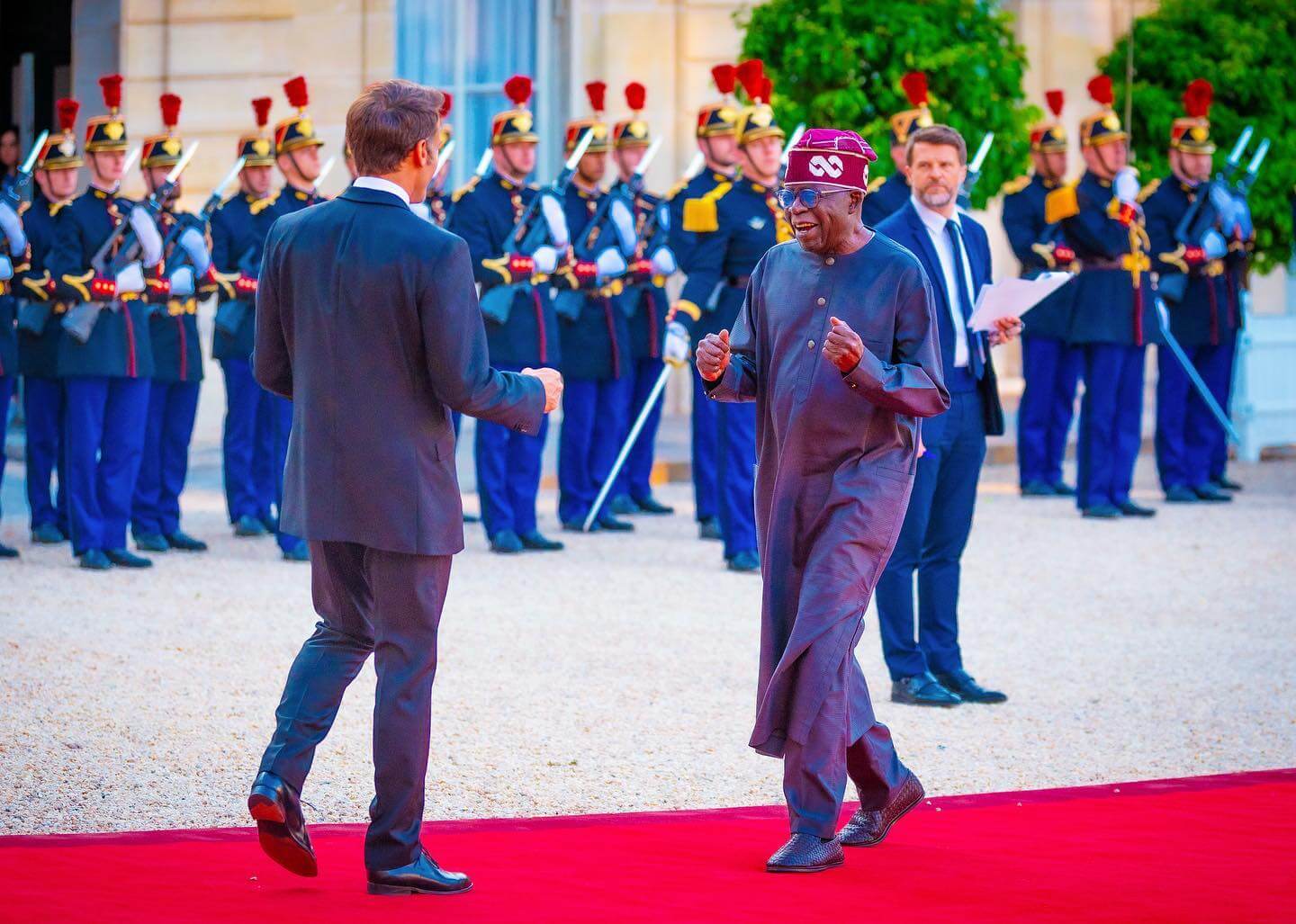
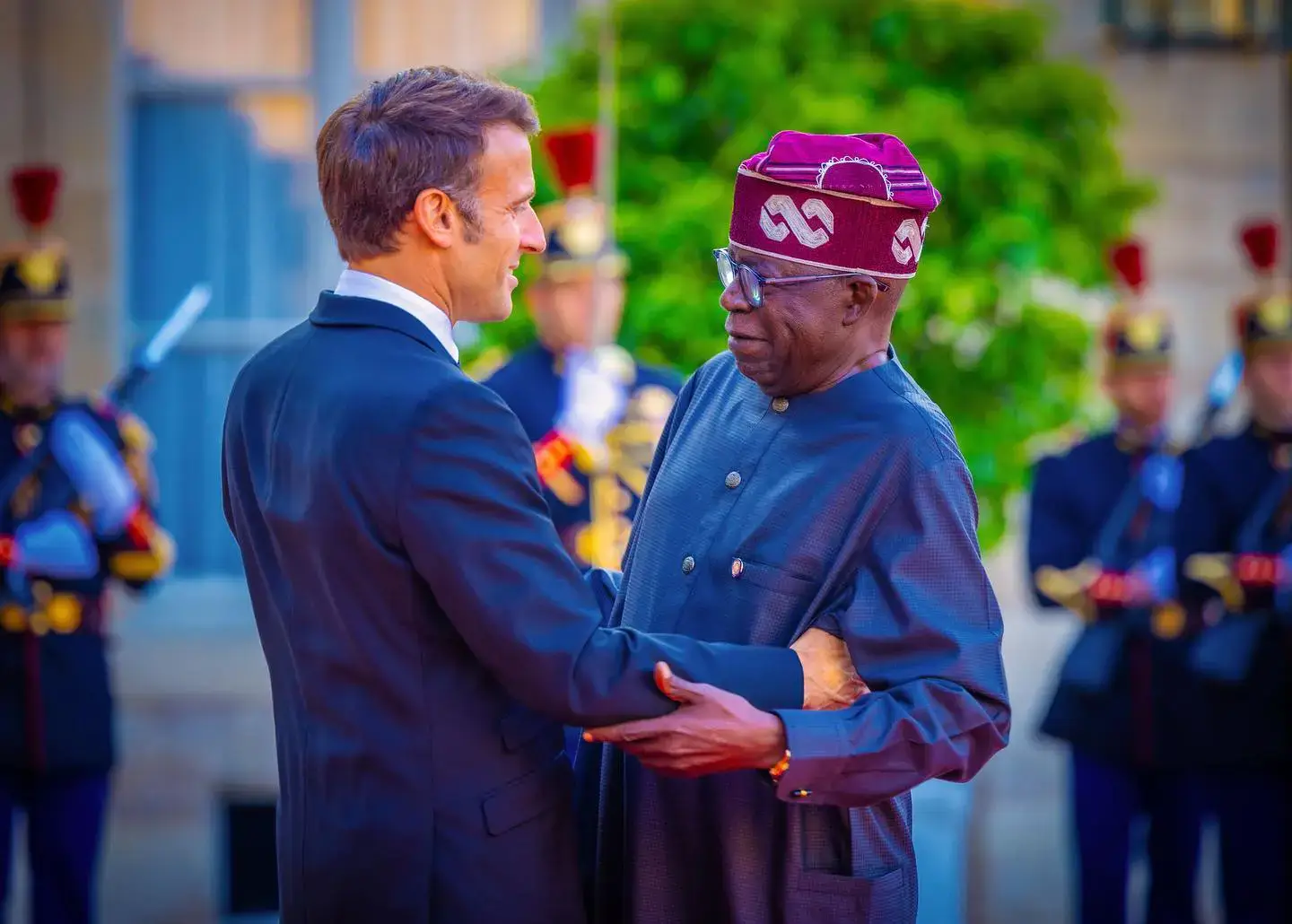


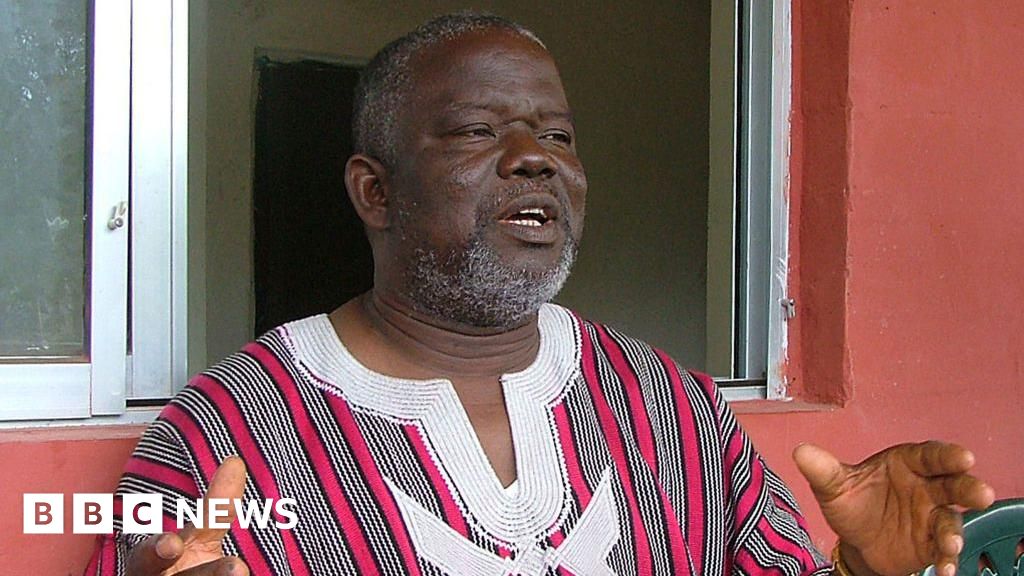







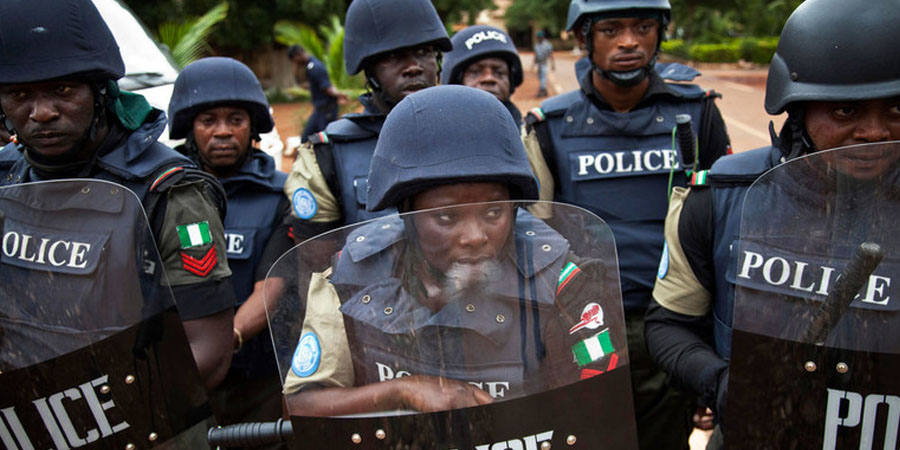
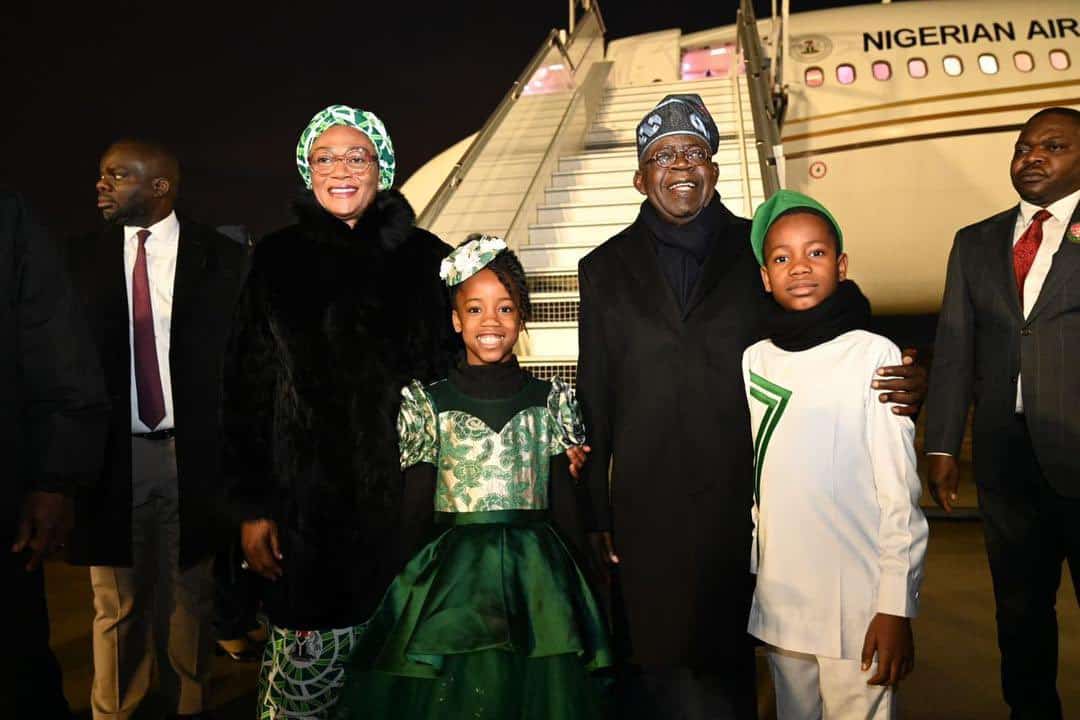
 English (US) ·
English (US) ·